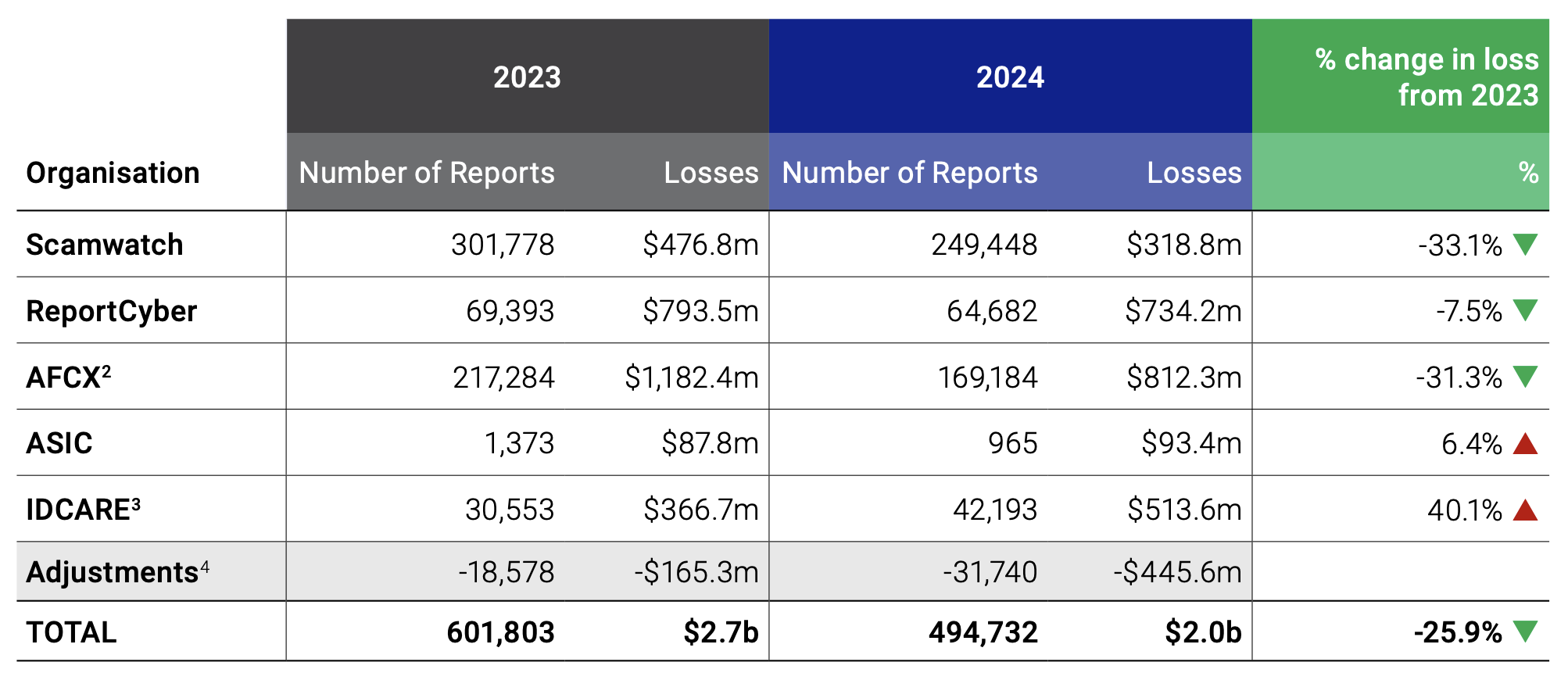Engaging Lead & Commentary Angle
Since the start of the 2025 academic season, Australia’s Chinese international student population has been frequently subjected to elaborate telecoms scams, resulting in many new students losing thousands of Australian dollars.
Although several warnings have been issued by police and universities most are in English and poorly distributed, failing to reach the most vulnerable new arrivals.
Therefore, this commentary critiques the shortcomings of universities and government bodies in international student safety education and information protection, and to call for the establishment of more targeted and multilingual anti-fraud mechanisms.
Why The Guardian Is the Right Platform
Firstly, The Guardian has always been concerned with social justice, education equality and marginalised groups, and its Opinion column is particularly good at analysing policy implementation and structural failures, which is in line with the ‘lack of information protection mechanisms between universities and governments’ discussed in this commentary.
At the same time, The Guardian’s readership includes those directly involved in or influenced by the issue, such as higher education practitioners, policy makers and international families with children studying in Australia.
Why This Story Matters to Users
International student fraud is not just a case-by-case issue; it reveals institutional blind spots in universities’ support for international students.
Due to unfamiliar systems and social disconnections, new international students from non-English speaking backgrounds are often the most vulnerable and neglected group when facing unexpected information risks.
Therefore, the issues explored in this review are closely related to educational equity, immigration policy, and intercultural governance, affecting not only the economic security of students, but also their trust in the education system.
Research & Sources

Firstly, I will quote several authoritative data and media reports.
According to the Australian Competition and Consumer Commission’s (ACCC) March 2025 Fraud Report, international students are among the highest-risk groups targeted by scams.
The Chinese Embassy in Australia has also issued announcements to remind Chinese citizens in Australia to be wary of telecommunication network scams.
The NSW Police, the University of Sydney, and the Australian Federal Department of Education have also issued announcements to remind Chinese students to be aware of scams, but these messages are hidden in the English official website, which is difficult to access for non-native speakers.
Secondly, I plan to interview 2-3 international students who have been scammed to find out how they were scammed and whether they have received any effective warning messages.
I will also consult cyber security experts to provide academic support for the article in terms of structural analysis.
Online Delivery Plan
Multimedia elements will embed screenshots of real scam text messages and include an AI phone scam audio clip to show typical scam cases.
Hypertext will be used to link to authoritative sources previously mentioned, including official reports, government alerts, and related Guardian commentary.
In terms of interactivity, I will embed some real posts from international student communities, inviting readers to participate in discussions or share their own experiences.




Be the first to comment